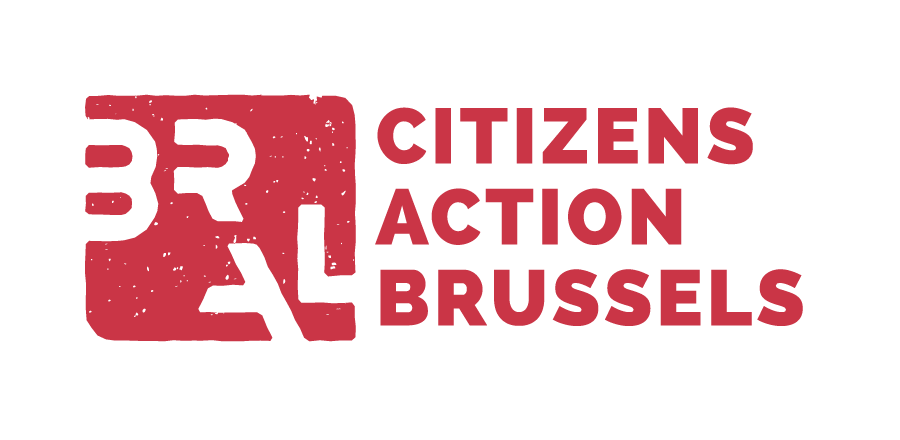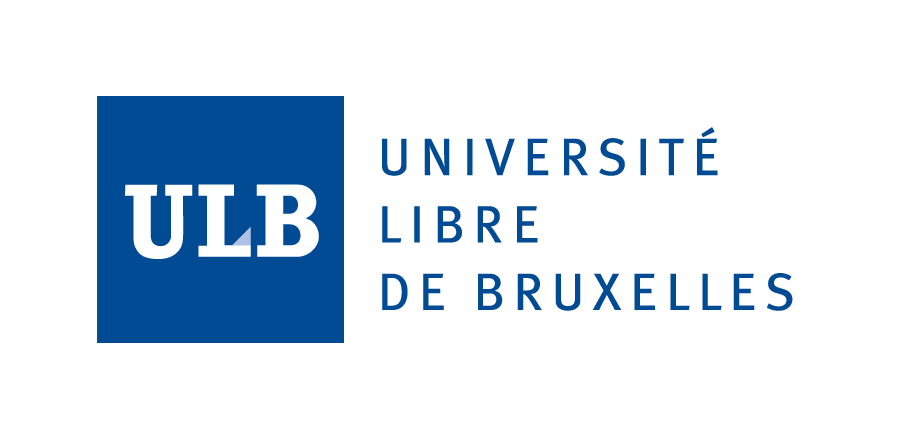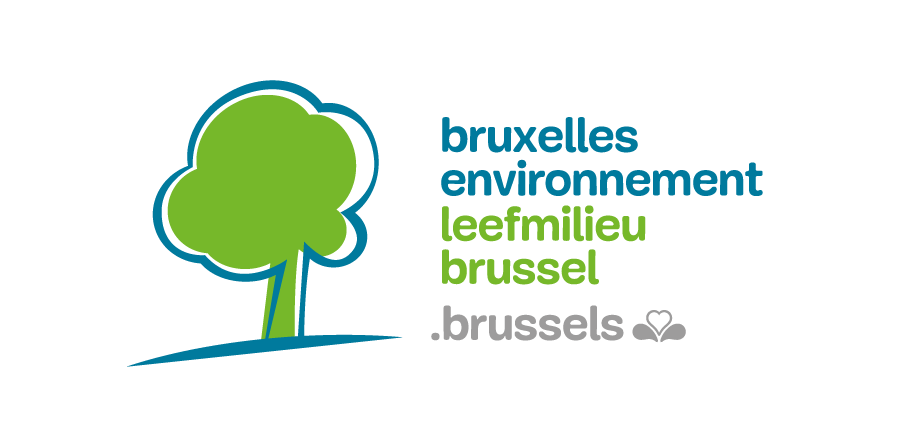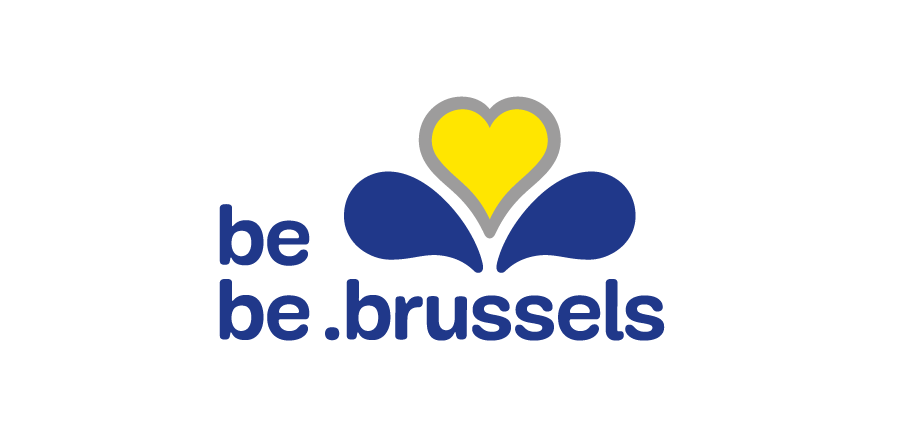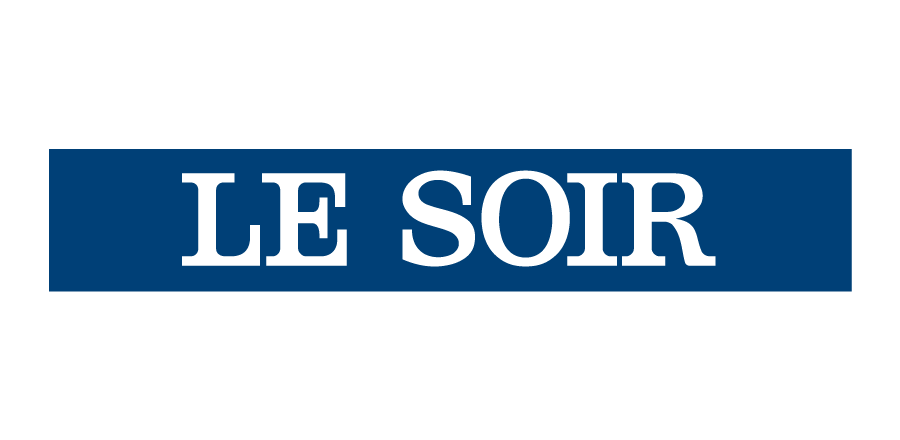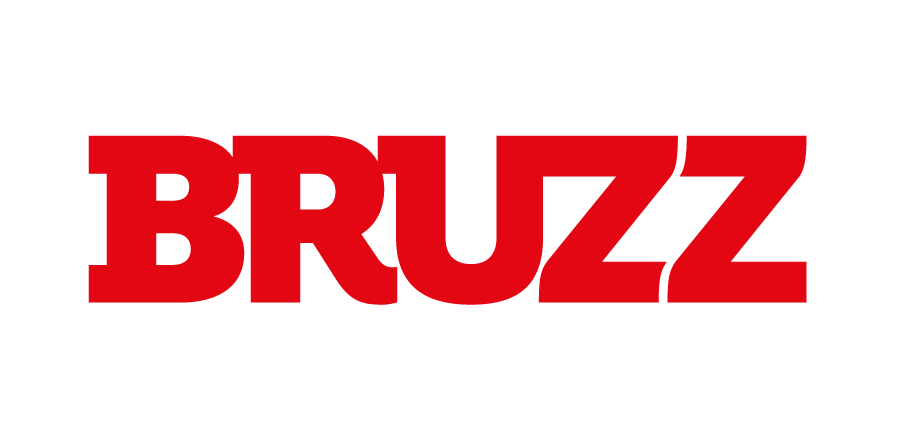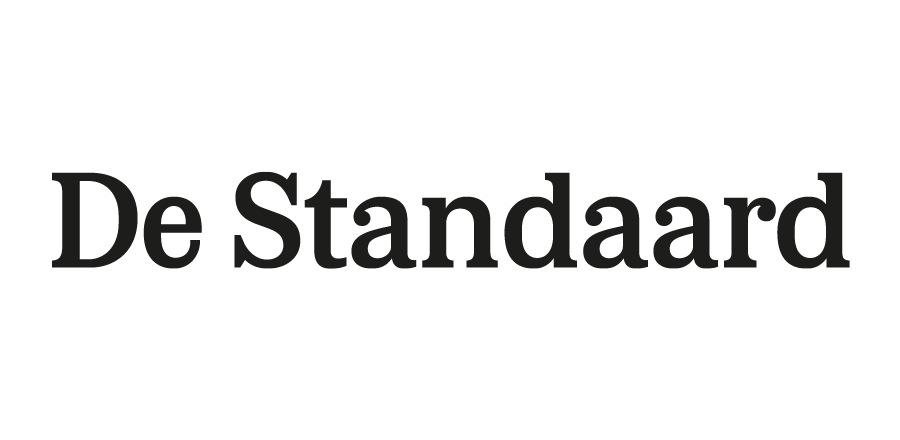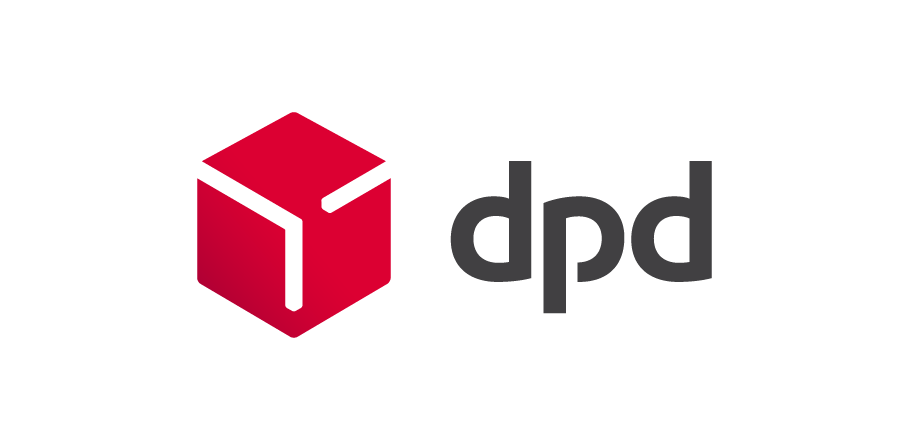
3.000 CurieuzenAirs investigate the air quality in Brussels
How clean is the air in your street?
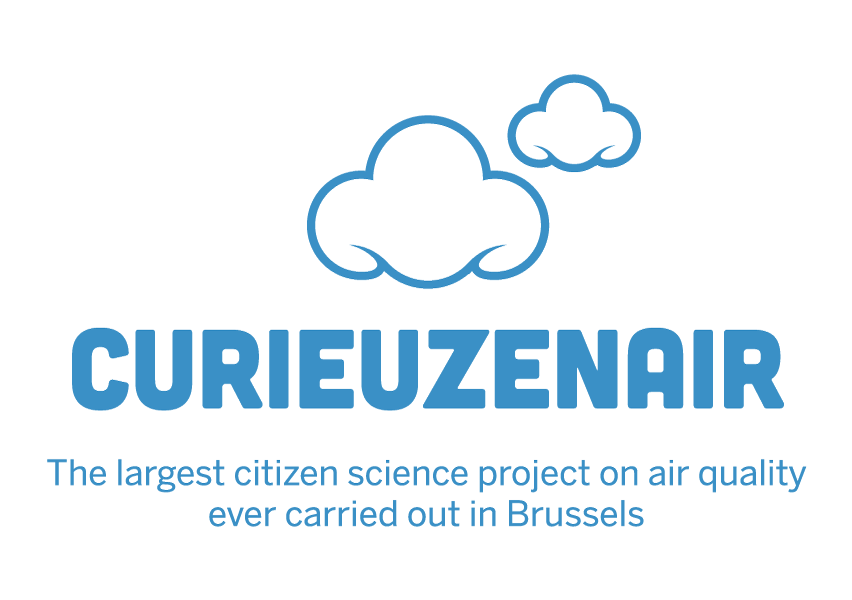
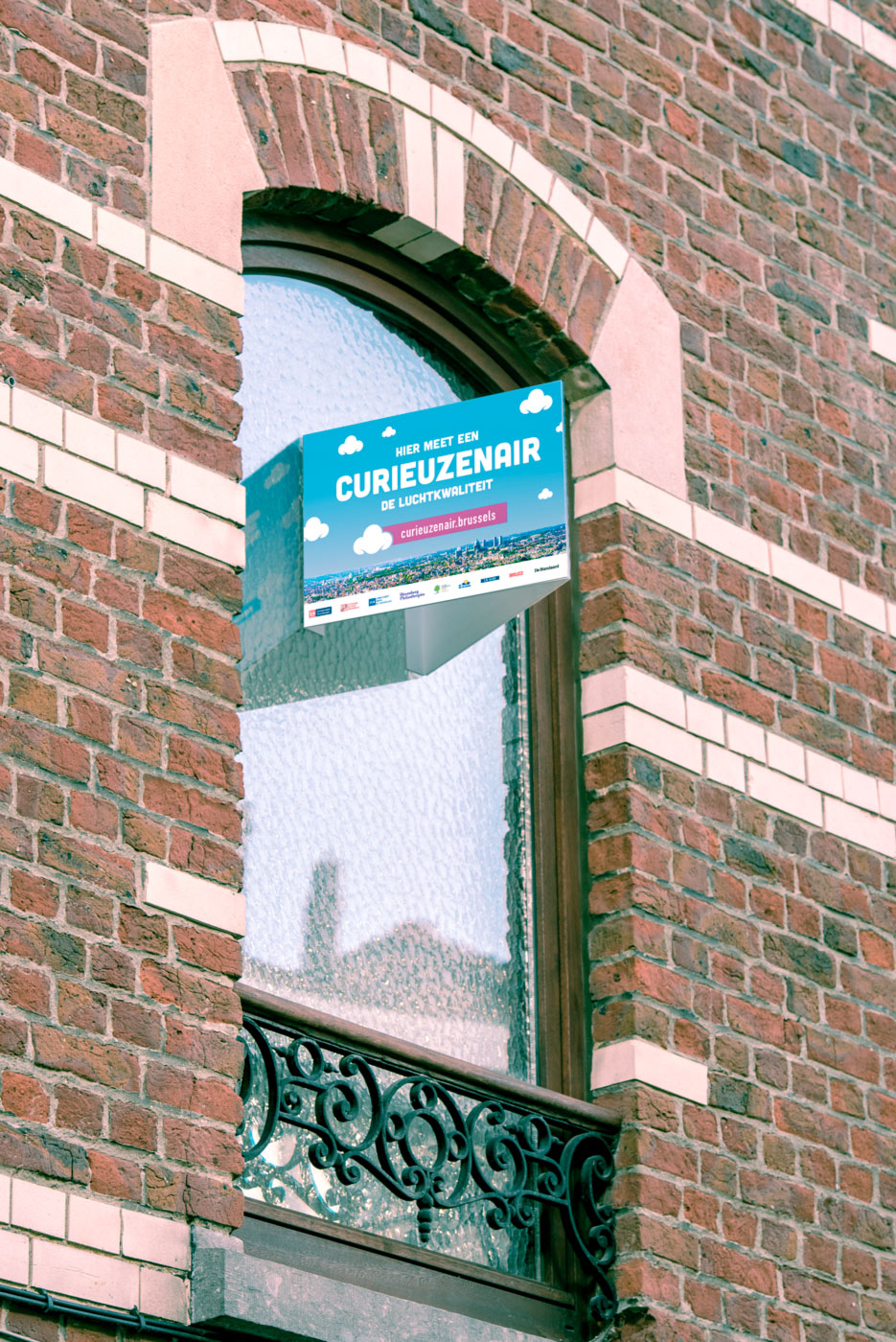
Through simultaneous measurements at 3.000 different locations, CurieuzenAir mapped the air quality across Brussels with unprecedented spatial detail. Families, companies, associations and schools measured the air quality at their homes, flats or buildings. The measurements are simple: citizens attach a sensor panel to the outside of their street-facing window.
For an entire month, the concentration of nitrogen dioxide (NO2) was measured in the outdoor air. NO2 is an important indicator for air pollution caused by traffic. Brussels is the first capital in the world that map air quality with the help of citizens. As a pioneering study, it can serve as an example for other European cities.
With the data from CurieuzenAir, we will get more detailed insights into the effects of NO2 on our health. This will help to better inform and advise policymakers, and this will in turn benefit the inhabitants of Brussels. In other words: CurieuzenAir is a project for and by citizens.
The primary aim of CurieuzenAir is to enable science to make a big leap forward. Effectively, we’d like to answer to a very simple question: how clean is the air in Brussels? The answer to this question is, however, far more complicated and challenging than you might think at first. This is because air quality strongly differs from one location to the next due to the so-called ‘street canyon’ effect. In a narrow and busy street, pollutants linger for longer and the air quality becomes worse. In a nearby park or open space, the air quality can be remarkably better.
Because air quality varies so much from place to place, we need to measure in a great many places. As scientists, we cannot do this on our own. This is why we are reaching out to the citizens of Brussels. By jointly measuring the air quality at 3.000 locations in Brussels, we will obtain a unique data set that is of formidable scientific value, allowing us to determine the population’s exposure to NO2. The same data can also be used to improve complex computer models that predict the air quality.
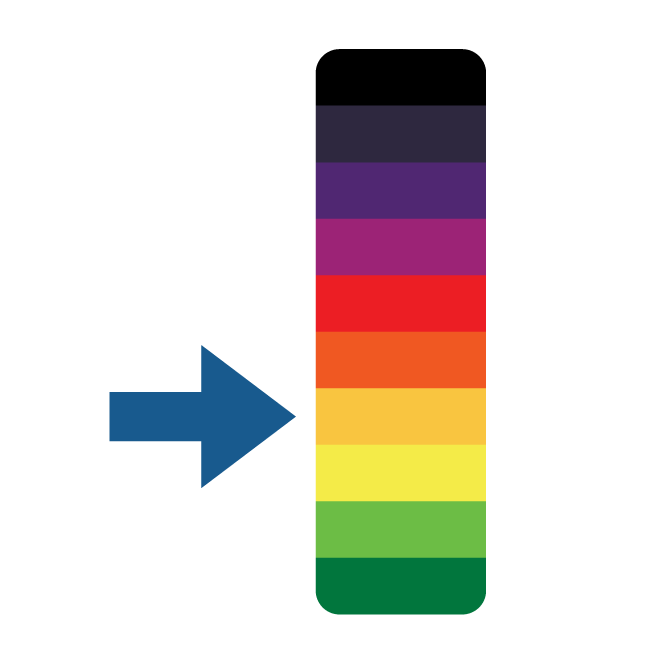
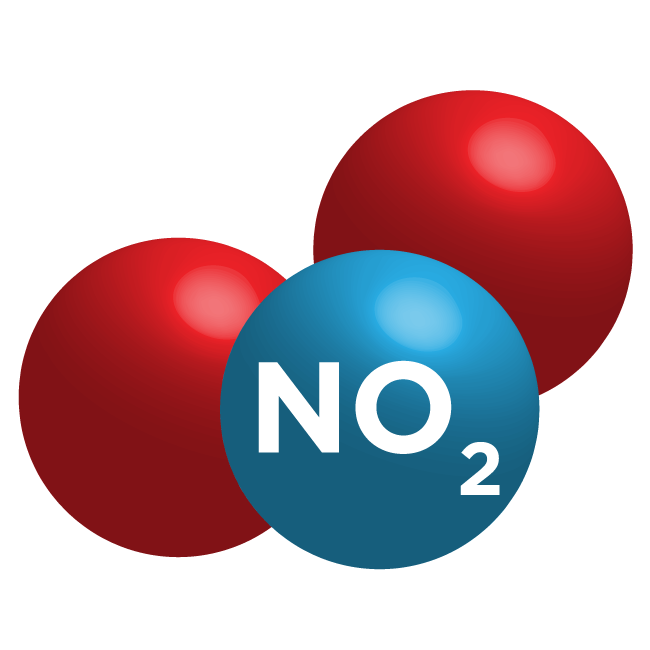
Nitrogen dioxide (NO2) is formed when combustion occurs at high temperature, for example in the engine of a car. About 70% of the nitrogen dioxide emissions in Brussels originate from traffic. Diesel cars produce more NO2 than petrol cars.
High NO2 concentrations have significant impacts on health (e.g. stimulating infections of the respiratory system, aggravation of asthma or chronic bronchitis), and also affect the environment (due to the formation of smog and acid rain).
CurieuzenAir is a scientific project and hence the reliability of the measurements are crucial. This also applies to citizen science. CurieuzenAir measures air quality with a standardised measurement setup, which has the advantage that is simple to operate, while at the same time providing very reliable data.
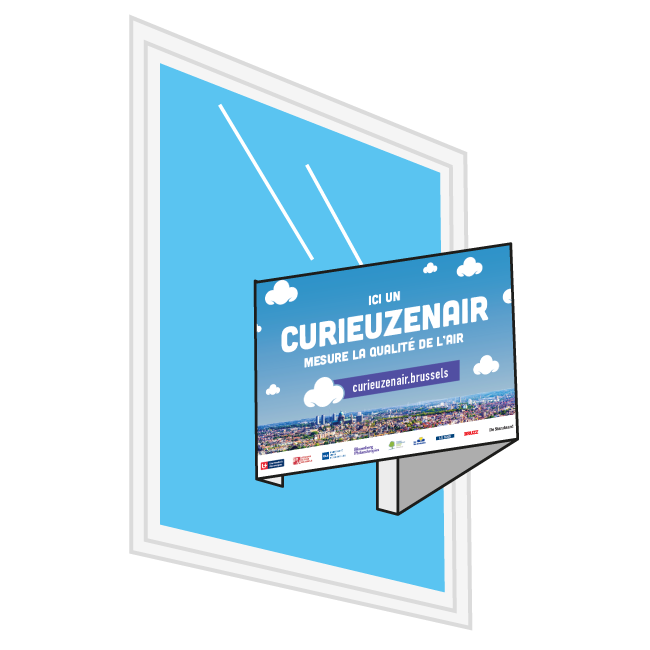
The measurement of NO2 in the outside air is done with two sensor tubes, which are installed in the “nose” of a v-shaped real estate panel. This panel is attached to the outside of a window for 4 weeks. To ensure correct and reliable measurements, two replicate tubes are mounted at each location. The panel ensures that the sensor tubes are located at the same distance from the window at all measurement locations, and receive a similar air circulation around the sensor tubes.
Each tube contains a thin gel layer that selectively absorbs NO2 molecules from the surrounding air. After 4 weeks, the tubes go to the laboratory for analysis. The total quantity of NO2 ‘captured’ in the gel is determined by lab analysis. Afterwards the average concentration of NO2 in the outside air can be calculated. The measuring results undergo strict quality control and are calibrated to the data of measuring stations of Brussels’ Environment.
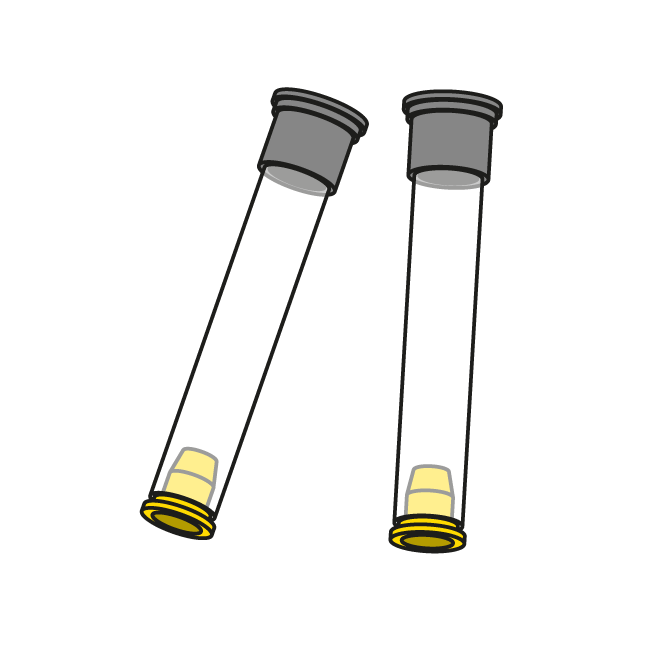
CurieuzenAir is inspired by the CurieuzeNeuzen projects in Antwerp and Flanders. The air quality measurements and associated data analysis within CurieuzenAir are scientifically supervised by the University of Antwerp. The socio-economic analysis within the project is directed by Université Libre de Bruxelles. The city movement BRAL assists with knowledge of the city and by engaging people from all backgrounds.
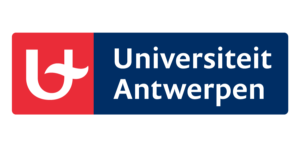
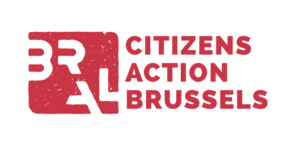
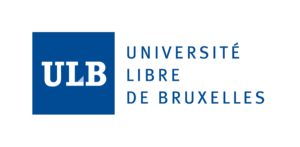
CurieuzenAir is part of the Brussels Clean Air Partnership, an initiative funded by Bloomberg Philanthropies. The Brussels Clean Air Partnership brings universities, NGOs and local authorities together to develop a coordinated and science-based approach to improve air quality throughout the Brussels-Capital Region.

